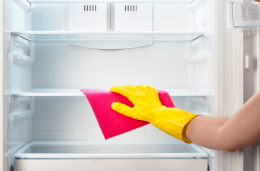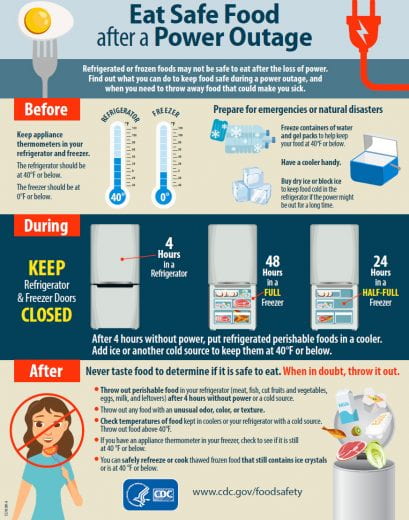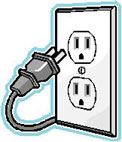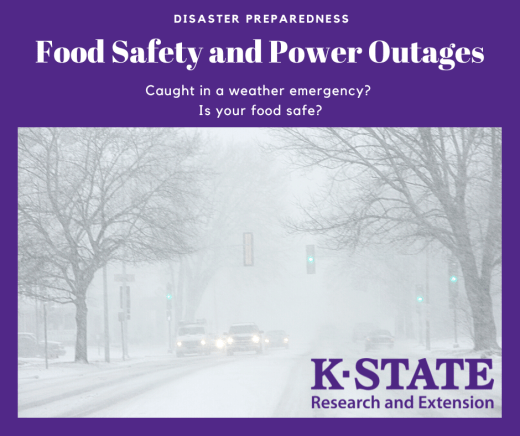 Recent cold weather has created challenges for all of us. Power outages can lead to many problems. If you have canned foods, either home canned or commercially canned, in a storage location that froze, what can you do?
Recent cold weather has created challenges for all of us. Power outages can lead to many problems. If you have canned foods, either home canned or commercially canned, in a storage location that froze, what can you do?
Check for broken seals or seams in metal cans or broken glass in home canned foods due to expansion of the food and liquid inside the container. If all are intact, they can be saved. Thaw gradually and store at room temperature.
For commecially canned foods, if seams are broken, that can lead to contamination and be unsafe to eat. Discard these cans.
For home canned foods, discard broken glass containers. If the lid became unsealed, and the jar thawed to room temperature, discard these too.
If a glass jar became unsealed but is still frozen, this can be safely used immediately or transfered to a new container and stored in the refrigerator or freezer.
During cold weather, wrap jars or cans in paper and cover with blankets to insulate them. Another option for vulnerable storage locations is to prop open pantry or cupboard doors to allow warm air inside.
For more information on food safety during power outages, see https://www.ksre.k-state.edu/foodsafety/topics/disaster.html.
Source: https://extension.oregonstate.edu/food/preservation/safety-canned-food-freezes
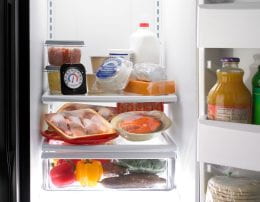
 Spring is just about here which brings warmer weather as well as severe weather. If you lose power, handling food can be tricky. If you don’t have a generator, then consider these options to prepare food without power from
Spring is just about here which brings warmer weather as well as severe weather. If you lose power, handling food can be tricky. If you don’t have a generator, then consider these options to prepare food without power from 